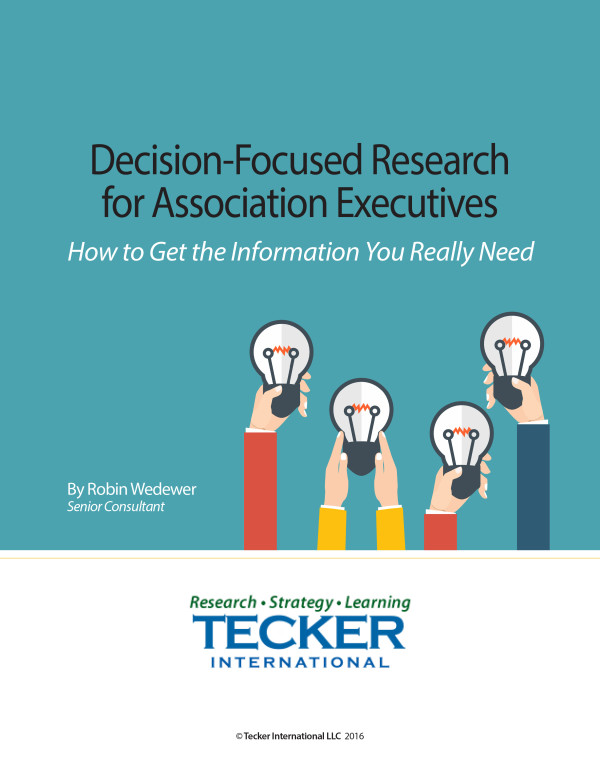While we believe that there are no “Best Practices” in associations (one thing that works the best all the time everywhere) there is an effective practice in board orientation that we observe really works well almost all of the time.
Dedicating the first meeting of each new board to a review and update of the organization’s strategic plan with participation of outgoing, incoming, and continuing board members as well as senior staff is a powerful orientation. It fosters a constructive blend of institutional memory and fresh thinking. Goals and objectives become understood and owned by each successive leadership cohort. Strategic thinking, foresight, and collaboration are integrated into the group’s cultural DNA.
By engaging the leadership team in the review and update of the strategy a series of clear and powerful messages are received:
- our board focuses on issues of strategic direction and policy and not the details of programs and operation
- our board makes confident decisions and avoids judgments that are opinion rich and information poor
- our board and staff operate as partners in conversations that examine alternatives, and the advantages and disadvantages of options before the board exercises its authority to decide
- our board is sensitive to the diverse interests of our members, but recognizes that our fiduciary responsibility is to the best overall interest of the organization, its mission, and its members as a whole
- our board expects and welcomes disagreement because it increases our confidence that all relevant perspectives have been considered
- our board addresses controversial issues and difficult choices with the same goodwill and humor demonstrated when we celebrate major successes
- our board values a work process that is results oriented, rewarding, and enjoyable
Most adults learn better by experiencing the right way to do something than by reading or being told how to do it. Scenarios can be good preparation for situations that may or may not happen. Sometimes they resonate with a board member; sometimes they don’t. Research tells us that actual experience is a more effective learning opportunity.
We find this to be especially true when individuals have no mental model of what effective looks like; or worse, bring a mental model from another experience that is inconsistent or in conflict with what association governance requires. We also note that many Board members report being more open to doing ”real work” where enlightenment is seamlessly built in, then they are open to “educational” activities that may not feel like an efficient use of their volunteered time.
So, bottom line- scenarios are a good tool. Their use is much better than the traditional display of committee and staff organization charts, budget pro formas, program descriptions, and the form to be used to apply for reimbursement of expenses. But, wrapping the annual introduction to the board experience around real work directly related to board role, relationships, and goals has even more sustainable value.


